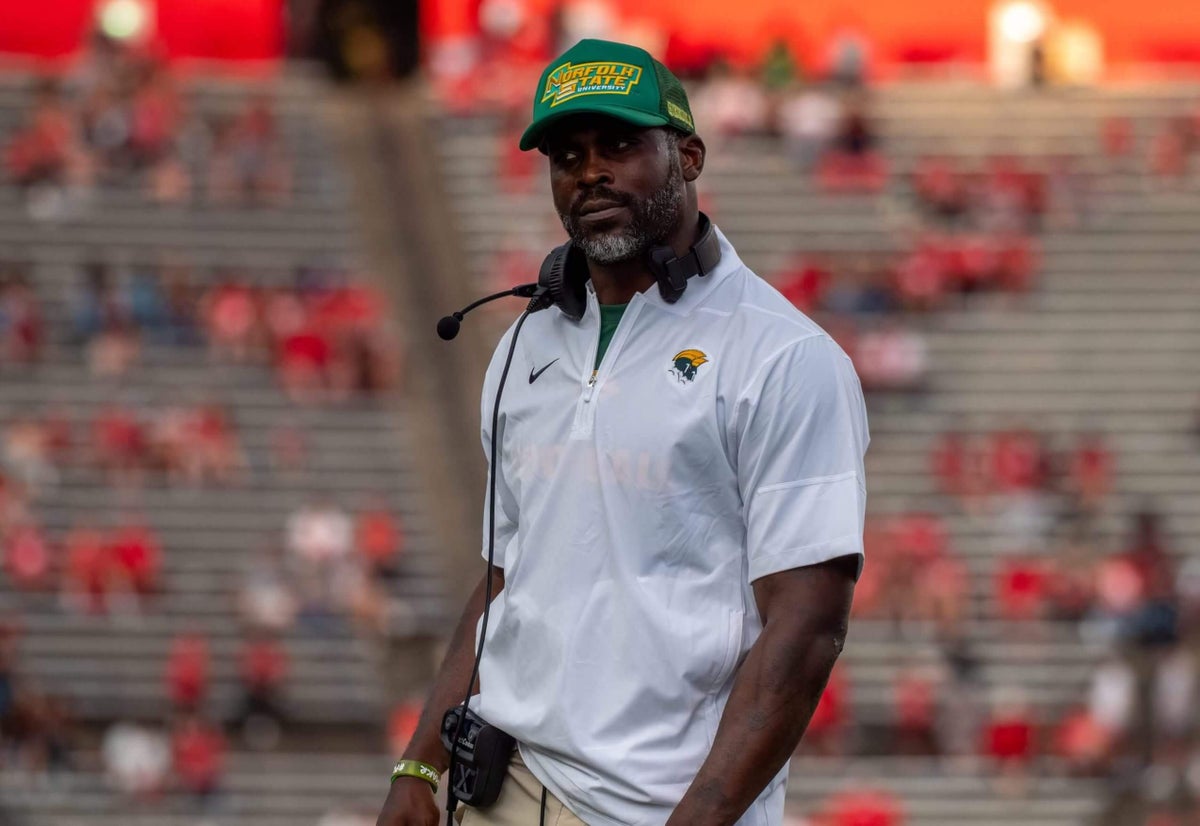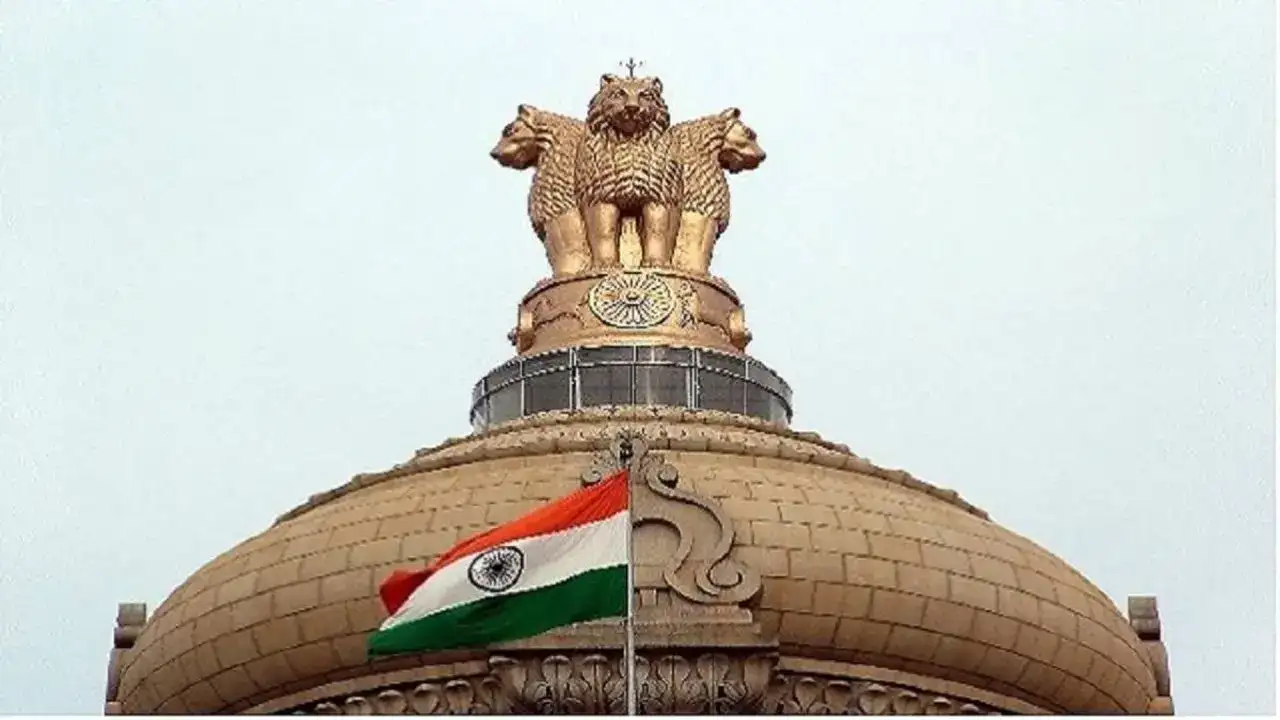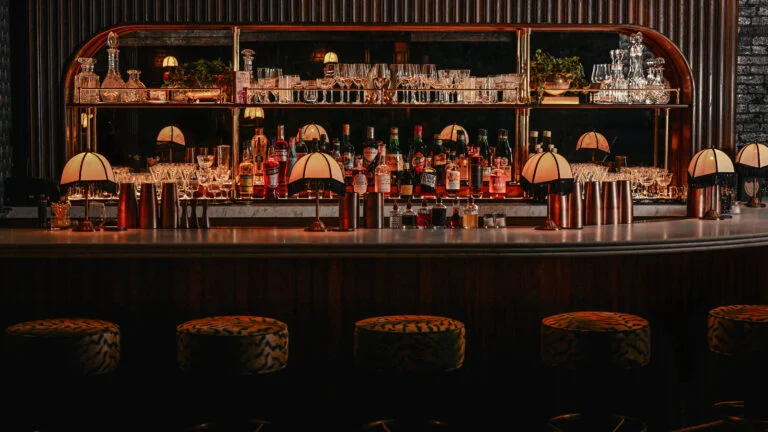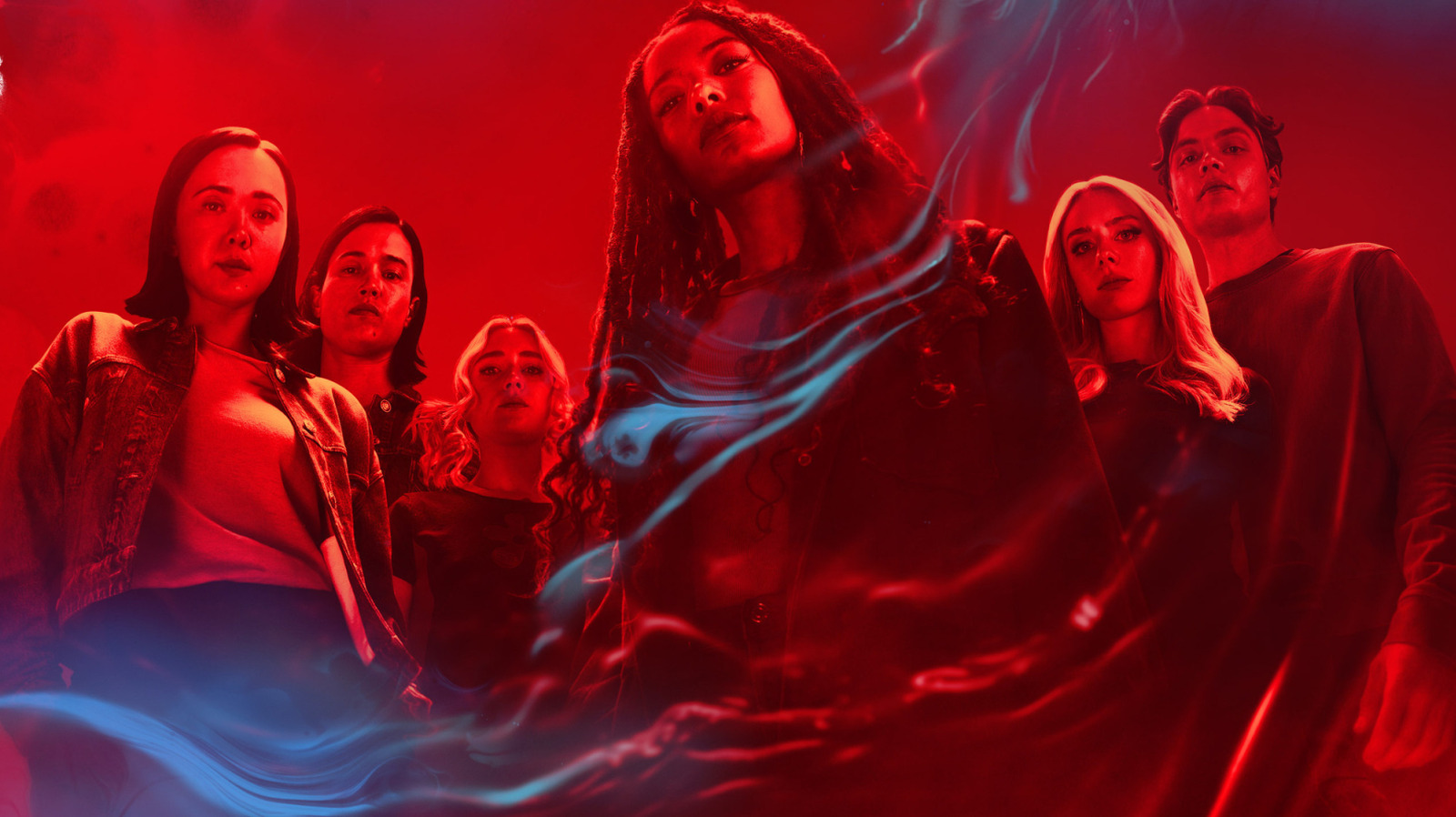By Ghana News,Kwame Bediako
Copyright ghananewss
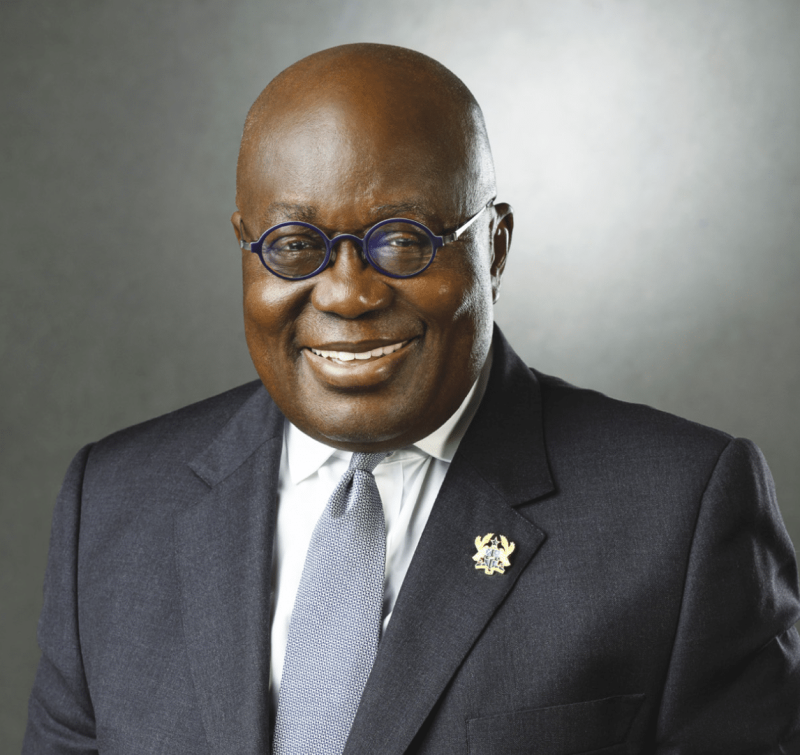
By Benjamin Nii Nai Anyetei
When Ghana pauses every September 21, to mark Founders’ Day, it is more than just another red-letter date on the calendar. It is a day wrapped in history, ideology, and political contestation — a national holiday that has, over the years, mirrored the very struggles and triumphs of the country’s independence story.
For decades, September 21st, the birthday of Osagyefo Dr. Kwame Nkrumah, Ghana’s first President, was observed to honour his pivotal role in securing independence in 1957. In 2012, under President John Dramani Mahama, Parliament amended the Public Holidays Act to officially declare September 21 a statutory holiday, and from 2013 onwards, it was marked annually as Founders’ Day.
The day quickly became a moment of national reflection — celebrated with wreath-laying ceremonies at the Kwame Nkrumah Mausoleum, along with lectures, cultural performances, and political debates about the meaning of true nationhood.
Nana Addo’s change from September to August
In March 2019, then-President Nana Addo Dankwa Akufo-Addo made a significant change that would ignite controversy. Through the Public Holidays (Amendment) Bill, 2018, passed by Parliament, his government moved Founders’ Day to August 4.
The reasoning, according to Akufo-Addo, was that independence was not achieved by one person alone, but by a collective of leaders, notably those who formed the United Gold Coast Convention (UGCC) in 1947. To him, August 4 — the date the UGCC was founded, and also the 1897 founding of the Aborigines’ Rights Protection Society — better represented the spirit of collective struggle.
Under Akufo-Addo’s arrangement, September 21st was renamed Kwame Nkrumah Memorial Day. This meant that, for the first time in Ghana’s history, Founders’ Day was no longer tied directly to Nkrumah’s birthday, but to a broader interpretation of independence history.
The change was met with mixed reactions. Supporters hailed it as a fair recognition of the “Big Six” and other unsung heroes, while critics argued it was an attempt to dilute Nkrumah’s towering legacy.
For the next four years — 2019, 2020, 2021, and 2022 — Ghanaians celebrated Founders’ Day on August 4, while September 21st remained a separate holiday dedicated solely to Nkrumah.
Mahama restores September 21
When John Dramani Mahama returned to power, one of his early symbolic acts was to restore September 21st as the official Founders’ Day. On 25 June 2025, Parliament passed the Public Holidays and Commemorative Days (Amendment) Bill, 2025, which reinstated Nkrumah’s birthday as Founders’ Day and removed August 4 from the holiday calendar.
To Mahama, the story of Ghana’s independence could not be told without placing Nkrumah at the centre. His government argued that while many contributed to the struggle, it was Nkrumah’s vision, leadership, and decisive action that transformed the dream of self-rule into a reality. The renaming under Akufo-Addo, they stressed, risked confusing future generations about Ghana’s independence narrative.
Alongside the restoration, July 1st (Republic Day) was once again declared a full public holiday.
Thus, beginning in September 2025, the celebration returned to September 21, coinciding with Nkrumah’s birthday, and reaffirming his position as the foremost architect of Ghana’s independence.
How Founders’ Day Is Celebrated
Regardless of the date, Founders’ Day has always been marked by solemnity and festivity. At the Kwame Nkrumah Mausoleum in Accra, government officials, traditional leaders, and citizens gather for wreath-laying ceremonies. Across the country, schools, universities, and civil society groups host debates, lectures, parades, and cultural displays, often reflecting on the themes of independence, patriotism, and African unity.
In many homes, it has also become a day for parents and elders to tell stories of the independence struggle to younger generations — a way of passing down the memory of a nation’s birth.
The Symbolism of the Date
The back-and-forth changes to the holiday reveal much about Ghana’s political culture. Each leader’s decision has been tied to their own understanding of history and legacy.
For Nkrumahists, September 21st is non-negotiable — it honours the man who led the independence charge.
For pluralists, August 4 represents a more inclusive approach that acknowledges multiple contributions.
But for ordinary Ghanaians, the debate often gives way to a simple truth: the day is about remembering where the nation has come from, and recommitting to where it must go.
Looking Ahead
As Ghana celebrated Founders’ Day again this September under Mahama’s restored arrangement, one thing is clear: the holiday is more than a day off work. It is a living conversation about history, leadership, and the values that continue to shape Ghana’s democracy.
And while the debate over dates may never completely fade, each celebration — whether in August or September — reminds Ghanaians of the enduring sacrifices that birthed their freedom.
Source link
